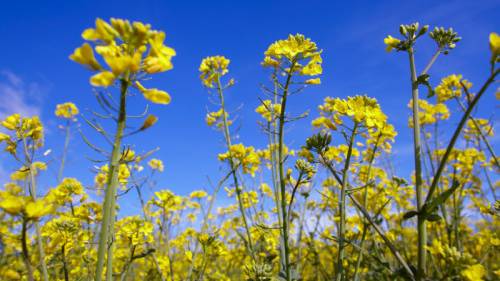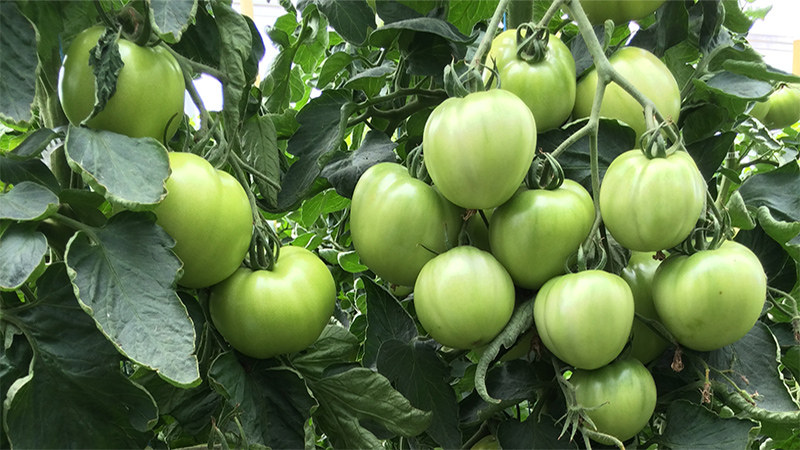Glyphosate Resistance Confirmed in Annual Ryegrass
The first case of glyphosate resistance in New Zealand has been confirmed in annual ryegrass on a Marlborough vineyard. The discovery was made as part of a project led by the *Foundation for Arable Research (FAR) and funded by the Sustainable Farming Fund (SFF).
Dr. Trevor James from AgResearch and Dr. Kerry Harrington of Massey University led the case, which was confirmed by SFF’s Avoiding Glyphosate Resistance project. Dr. James explains that the Marlborough case was identified thanks to the grower’s report to an unnamed chemical company.
“In the autumn of 2011 we received a call from a chemical company representative stating that glyphosate was not killing all the weeds, specifically some grasses, on the vineyard,” James stated,” We obtained some of the surviving plants and grew them on in the glasshouse until some of them set seed in autumn 2012. The seed we collected was then grown in the spring of 2012, and these plants treated with various rates of glyphosate. We found that nearly half the tested plants showed symptoms of glyphosate resistance.”
As glyphosate is the most frequently used herbicide in New Zealand agriculture, Mike Parker, Project Manager for the Avoiding Glyphosate Resistance team, says the finding should be considered a wake-up call for all users of the broad spectrum weed killer.
FAR CEO Nick Pyke says although at present it is an isolated case, it is a warning to users of glyphosate that they need to be aware of the danger of resistance developing and be careful how they use it as it is the most environmentally friendly herbicide on the market, and the repercussions of losing it would be serious.
“Environmental repercussions would include the increased use of, and dependence on, less environmentally friendly herbicide options; greater dependence on more intensive cultivation leading to greater degradation of soil structure and soil health; and the risk of some weeds spreading as the cost of controlling them would increase.
“On-farm the impacts would include reduced income, due to increased chemical costs and reduced crop yields. Removing glyphosate from the suite of available chemicals would also increase the resistance pressure on other herbicides,” Pyke concluded.





